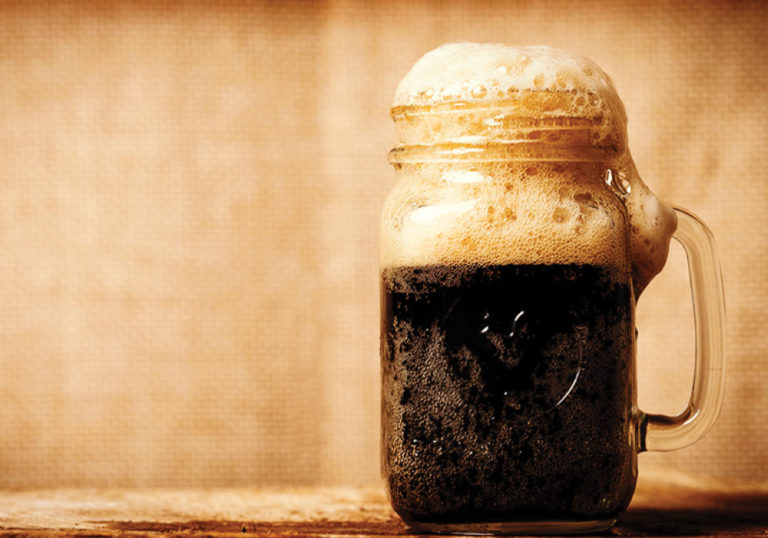Why Is The Word “Root” In “Root Beer”?

Is root beer the world’s most oddly named carbonated beverage … we don’t know, that award might go to 7-up, but we’re going to explore the naming of this soft drink regardless. What, after all, is the root in root beer?
The roots of root in root beer
The ingredient in root beer that primarily gives the beverage its distinctive flavor is sassafras, which is “the root bark of the sassafras albidum tree.”
Fun fact: Sassafras is among the laurel family of trees, and it’s native to the Americas. Before the arrival of the Europeans, it was used extensively by indigenous Americans for everything from flavoring bear fat to treating fevers. Yum?
When did root beer become popular?
The first mass-marketed brand of root bear was Hires Root Beer, founded in 1876 by a Philadelphia pharmacist Charles Elmer Hires. Hires initially wanted to name his beverage root tea, but opted for root beer to better market it to Pennsylvania’s coal miners.
Traditional sassafras is no longer a common ingredient in commercial root beer, as the FDA banned its aromatic component, safrole, due to its huge potential for causing health problems.
What ingredients are in root beer now?
Other commonly used ingredients that typically comprise a root beer formula include but are definitely not limited to: allspice, sarsaparilla, licorice, burdock, fenugreek, nutmeg, and St. John’s Wort. There are many more … but that’s up to the whim of each root beer maker.
What’s up with 7 Up?
St. Louis resident Charles Leiper Grigg invented the 7 Up formula in 1929 and gave it its first (unmarketable) name: “Bib-Label Lithiated Lemon-Lime Soda.” Rolls right off the tongue.
Remarkably, the original formula contained the drug lithium citrate, a chemical compound used in the treatment of manic depression and mania. The beverage was advertised as a cure for hangovers, and it’s still considered a folk remedy for an upset stomach.
Famously, Grigg never gave a satisfying explanation for the meaning behind the name “7 Up,” leading to several urban legends. Per one myth, the drink got its name because it lacked a pH over seven, which, well, isn’t true. Another claim says that there were only seven ingredients in the drink, while another says that the original bottle was seven ounces, or that the 7 is a coded allusion to lithium.
Either way, Grigg, a master marketer, probably kept his cards close to his chest knowing that Americans love a good mystery.